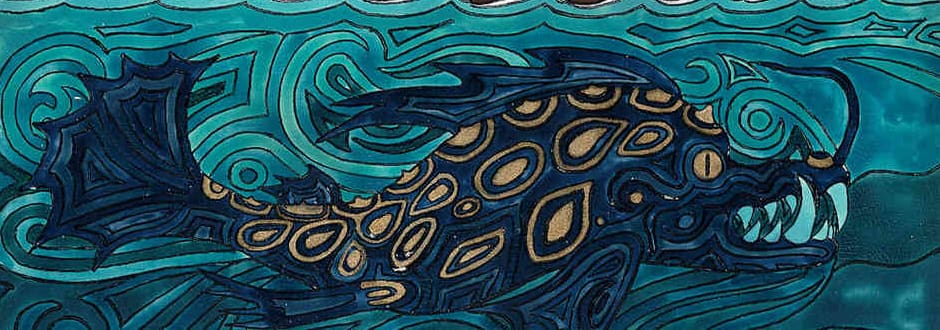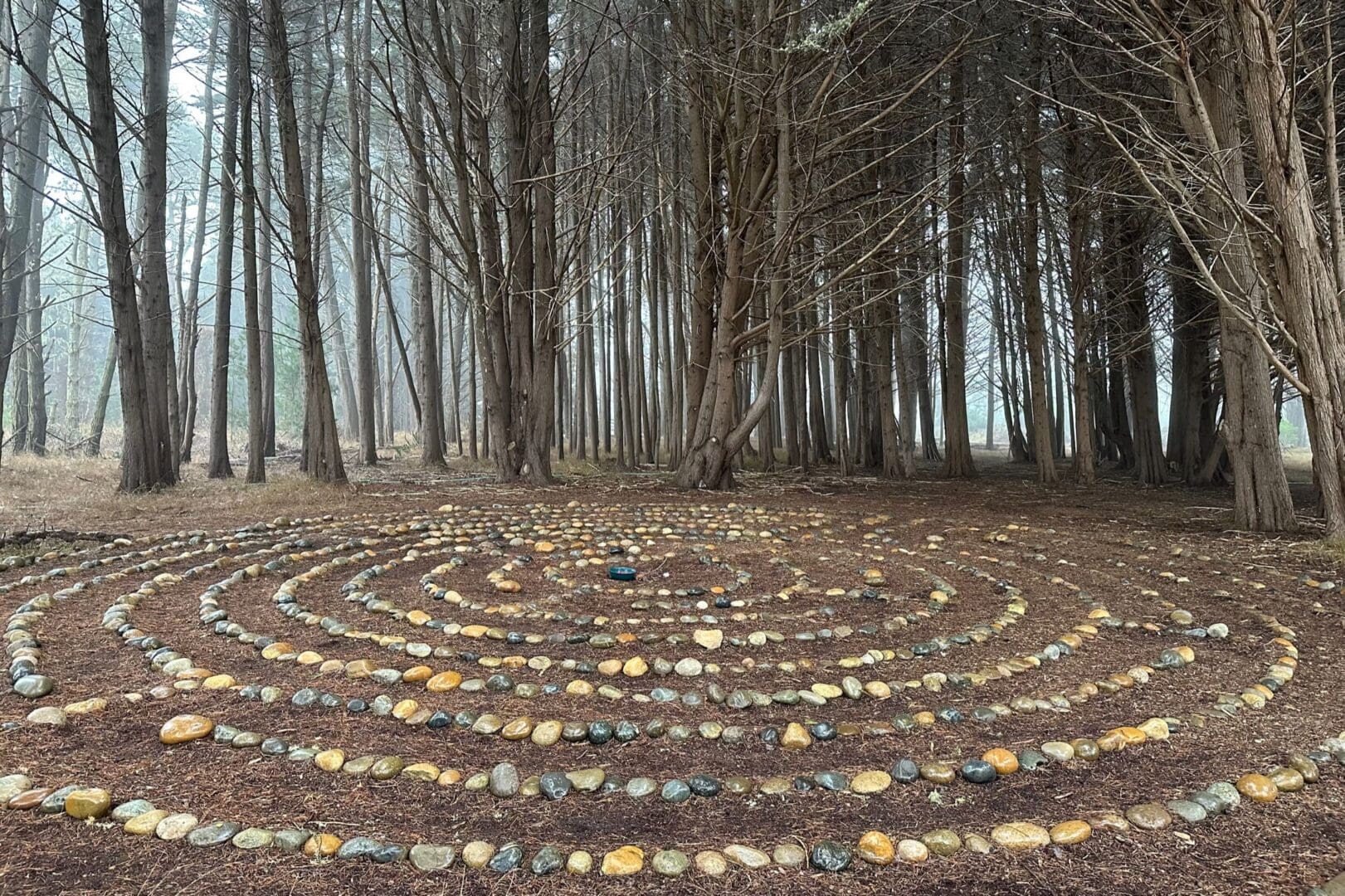“Participate joyfully in the sorrows of the world,” Joseph Campbell wrote. We cannot cure the world of sorrows, but we can choose to live in joy.
It is a hard saying, not an easy one. It reflects a great truth passed down for millennia.
In Patanjali’s Yoga Sutras, it appears this way:
The acceptance of our suffering as an aid to the growth of awareness, study of great wisdom teachings, and complete surrender to the divine force within each of us — these three things are yoga in practice. [My translation, which others may dispute].
Carl Jung said:
There is no coming to consciousness without pain. People will do anything, no matter how absurd, in order to avoid facing their own Soul. One does not become enlightened by imagining figures of light, but by making the darkness conscious.
In the hauntingly beautiful song “Pack up your sorrows”—I like Richard and Mimi Farina’s rendition, you can hear the words and music blend:
If somehow you could pack up your sorrows/And give them all to me/You would lose them/Cause I know how to use them/Give them all to me.
The singer knows how to use sorrow—even as a mother takes on her child’s sorrow, or a friend softens our suffering by holding it with us.
“Call this world a vale of soul-making,” John Keats is paraphrased as saying. We rarely go back to the letter that he wrote to his brother and sister, George and Georgiana Keats, on February 14, 1819—two years and nine days before he died, age 26.
Call the world if you Please “The vale of Soul-making.” Then you will find out the use of the world (I am speaking now in the highest terms for human nature admitting it to be immortal which I will here take for granted for the purpose of showing a thought which has struck me concerning it) I say ‘Soul making’ Soul as distinguished from an Intelligence—There may be intelligences or sparks of the divinity in millions—but they are not Souls till they acquire identities, till each one is personally itself. I[n]telligences are atoms of perception—they know and they see and they are pure, in short they are God—How then are Souls to be made? How then arc these sparks which are God to have identity given them-so as ever to possess a bliss peculiar to each one’s individual existence? I—low, but by the medium of a world like this?…This is effected by three grand materials acting the one upon the other for a series of years. These three Materials are the Intelligence-the human heart (as distinguished from intelligence or Mind) and the World or Elemental space suited for the proper action of Mind and Heart on each other for the purpose of forming the Soul or Intelligence destined to possess the sense of Identity. I can scarcely express what I but dimly perceive-and yet I think I perceive it-that you may judge the more clearly I will put it in the most homely form possible-I will call the world a School instituted for the purpose of teaching little children to read-I will call the human heart the horn Book used in that School-and I will call the Child able to -read, the Soul made from that School and its hornbook. Do you not see how necessary a World of Pains and troubles is to school an Intelligence and make it a Soul? A Place where the heart must feel and suffer in a thousand diverse ways! Not merely is the Heart a Hornbook, It is the Minds Bible, it is the Minds experience, it is the teat from which the Mind or intelligence sucks its identity. As various as the Lives of Men are-so various become their Souls, and thus does God make individual beings, Souls, Identical Souls of the Sparks of his own essence—This appears to me a faint sketch of a system of Salvation which does not affront our reason and humanity. —John Keats
Keats speaks of the three grand materials involved in soul-making: the heart, the mind, and the world. This is also an ancient teaching. The three great yogas of the Bhagavad Gita are the yogas of the heart, the mind, and service in the world—bhakti, jnana and karma yoga. The same teaching comes down in the neo-platonic traditions as love, wisdom and will. These ancient teachings reflect our construction. We each have hearts, heads, and hands, and inevitably our lives are shaped by the use to which we put these instruments of soul-making. The only difference in the traditions is the debate over which is primary, the heart or the mind—love or wisdom.
Emerson writes:
I will not, though the subject might provoke it, speak to the open question between Truth and Love. “The cherubim know the most; the seraphim love the most.” The gods shall settle their own quarrels.
Each of us inclines more or less to each of these three grand materials in our vale of soul-making and our response to our sorrows. The sorrows of the world—the near sorrows of our own lives and the great suffering that permeates all life on earth—reduce many of us to lives of grief. We were not intended to live this way. Consider the faint smile of the Buddha who confronted the suffering of the world. Or the laughter of the Dalai Lama. Indeed, around the world, many of the poorest and most oppressed of peoples have an access to joy that those of us cocooned in comfort in the West rarely feel.
If suffering embitters us, or leaves us cynical, or unwilling to feel out of fear of the pain, perhaps the work is not complete. I write as one who over 71 years has come through enough sorrows to discover the deep joys that lay hidden from me on the other side. Whether I will be able to do this with the sorrows to come, I cannot say. But when sorrow does come, I know enough now to seek, as best I can, to welcome it. When the sorrow is great, that can be very hard to do. Brother David Steindl-Rast speaks of learning to be grateful for everything. My yoga teacher, Swami Satchitananda, used to suggest we say,
Come on in, sorrow, I know you have work to do.
Welcoming our sorrow, we may by some unknown grace find our way to joy.
Michael Lerner





